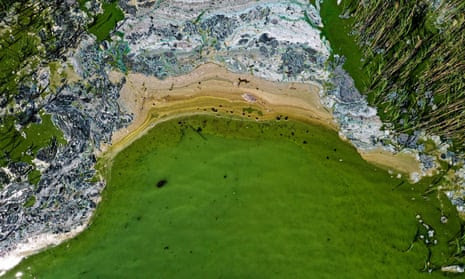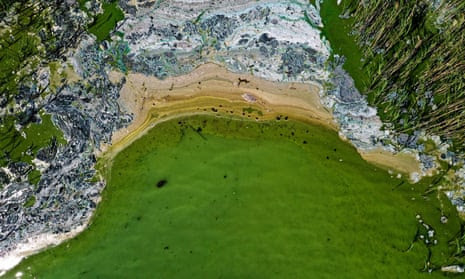
Phosphorus production is essential for food and water security, but this nutrient is becoming scarce and is causing a steady increase in the pollution of water resources worldwide. Phosphorus, which in the past allowed the development of our civilization, is now a threat to its maintenance.
Phosphorus was discovered in 1669 by the German scientist Henning Brandt, who isolated it in urine. Phosphorus is associated with multiple organic compounds in nucleic acids, DNA and RNA, in which it forms the skeleton. In humans and animals, phosphorus is the most abundant mineral after calcium, affecting the formation and strength of bones, teeth, cell multiplication and energy transfer.

It is also of global importance because of its use to promote the growth of crops, since in the plant mode, phosphorus is involved in the process of photosynthesis. Each year in the world about fifty million tons of phosphorus are sold to feed eight billion humans, and the demand for phosphorus is expected to increase as long as the world’s population grows, at least until 2050. Phosphorus is not inexhaustible, however, with the main deposits being in Morocco, China and Algeria, while the United States has seen its phosphorus reserves fall to 1% of their previous level.

Scientists have warned in the past about the coming crisis, with the constant pressure on phosphorus stocks leading to fears of a peak in phosphorus production in the next few years, followed by a decline and the risk that future supplies will be controlled by mafia cartels. Some specialists estimate that this peak will occur in a few decades, while others predict a few hundred years, even if all agree that the problem is real and must be taken seriously.
The global management of phosphorus reserves is not governed by any public institution, and it appears that each of the regulations concerned does not sufficiently address the issues of sustainable management of the resource, future needs and equitable access on a global scale. For specialists, it is necessary to act to try to reduce our consumption and find techniques that allow phosphorus recycling. Currently, phosphate fertilizers are found in aquatic environments, rivers, lakes and oceans, and promote the proliferation of algae that destroy the ecosystem and threaten marine life. The proliferation of these algae also threatens the climate, because when they decompose, they produce methane, a powerful greenhouse gas that accentuates global warming.




